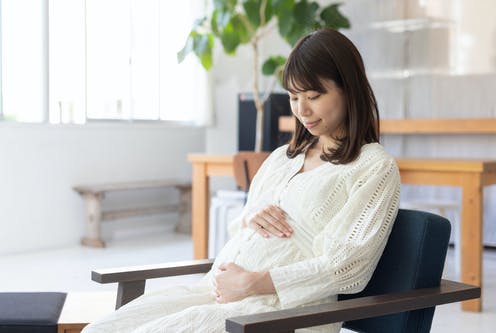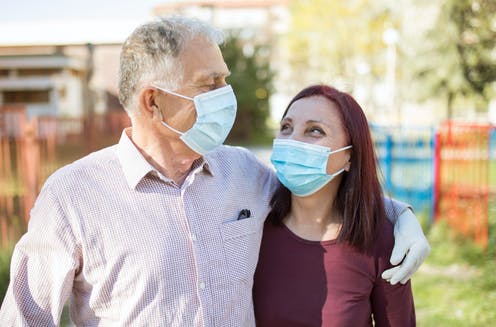Should people who have recently had COVID be vaccinated?
A recent report from Public Health England showed that 83% of people who had had COVID were protected from reinfection five months later. Given that 3.7 million people in the UK have had COVID, should those with antibodies be at the back of the vaccine queue? With the current high death rate, rising case numbers, closed schools and a seemingly interminable lockdown, it is natural to look for ways to speed up the vaccination rollout. Surely those who have already had COVID and recovered can be deprioritised so that people shielding at home can receive the vaccine sooner? Certainly, the government is not afraid of hacking the process to increase short-term vaccine coverage. The recent example of lengthening the waitContinue Reading




















